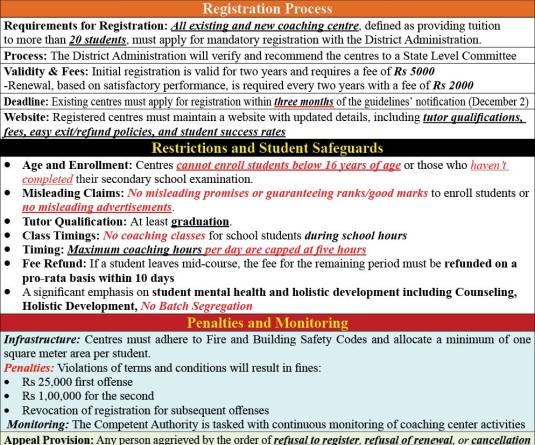
Our Correspondent
Kohima | September 27
Automatic sanitary napkin vending machines was installed in several educational institutions here today. Girls in some schools of Nagaland can now take care of their health and hygiene in a better way through the installation of the sanitary napkin vending machine and through the function of Sulabh school sanitation clubs. Also, the easily availability of napkins will help them to overcome the embarrassment and fear of staining, that they used to face otherwise while using cloth.
The installation of this machine has been done through CCDU (PHED), Nagaland, Sulabh School Sanitation Club, New Delhi in collaboration with the school education as a part of the total sanitation campaign effort for realizing the dream of clean India by 2012.
This machine has been extended to five schools in Kohima district. It includes,- GHS Seikhazou, Kohima, Grey’s School Kohima, Children Christian School Kohima, Mount Sinai School Kohima and Grace School Kohima.
Launching the formal installation of the machine here at Mount Sinai School, minister for PHED Dr. Ngangshi K. Ao termed the machine as new experiment and unique one and urged upon every school to take responsibility in making it functional. He continued that every school must see that it is used effectively to sustain it. Touching on issue of health, the minister said health should be approachable to everyone and that is the objective of the government.
He also stressed on the need to improve health of the community, saying a sick person is liability to the community but if one is healthy that is an asset to the country. The minister also released a booklet on menstruation (A girls guide on menstrual hygiene management) published by Sulabh School Sanitation Club, New Delhi. Anita Jha, senior vice president Sulabh International Social Service Organization, New Delhi also spoke on the occasion and talked at length on menstrual hygiene
management.
According to Sulabh School Sanitation Club, New Delhi the management of menstruation is a critical issue in life of girls and it has serious negative impact on girl’s education if proper attention is not given to at all levels from the government all the way down to the school and family levels. It has been shown that poor management of menstruation leads to high levels of absenteeism and distress for girls leading to poor performance and increased dropout. “Therefore, proper menstrual hygiene and correct perceptions and beliefs can protect their womenfolk from their sufferings,” it said.
Also stating that menstrual hygiene is far from satisfactory among a large proportion of the adolescents while ignorance, false perceptions, unsafe practices regarding menstruation and reluctance of the mother to educate her child are also quite common among them, it said there is a need to encourage safe and hygienic practices among the adolescent girls and bring them out of traditional beliefs, misconceptions and restrictions regarding menstruation.
Another source said girl students in the several north eastern schools have no access to sanitary napkins and wear double inner wear or used cloth that invariably stain their uniforms. So they just stayed way from school during those ‘embarrassing ‘ days.
The prime objective of the initiative that now having in Nagaland today, is to introduce these girls to sanitary napkins, who till now relied on traditional method of using piece of clothes during their menstrual periods or had to compromise in their privacy for buying a napkin from the local store.
The rural development department, Government of India promotes menstrual hygiene management in conjunction with the sanitation programme that goes beyond merely construction of toilets. The idea of promoting usage of sanitary napkins as a hygienic mode of managing menstruation is one such effect in emphasizing capacity building and hygiene education for effective behavior change in the schools.
Earlier, the function was chaired by Er. Kevisekho Kruse, executive director CCDU. Short speeches were also delivered by Langshung Anal, principal Mt. Sinai School and Zaveyi Nyekha, District Education Officer, Kohima. Vote of thanks was proposed by Er. Agwaseng Kent, executive engineer, CCDU.





